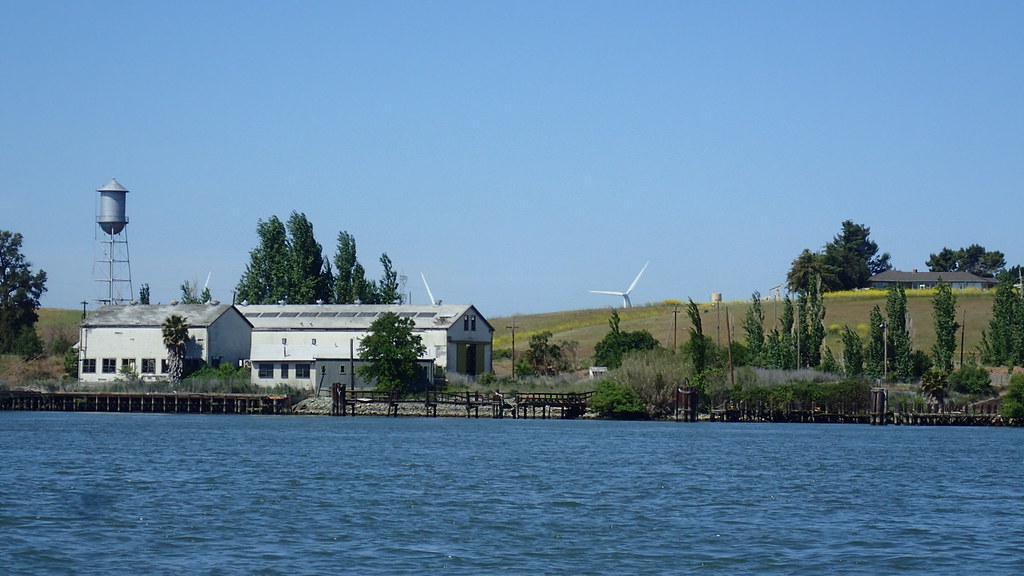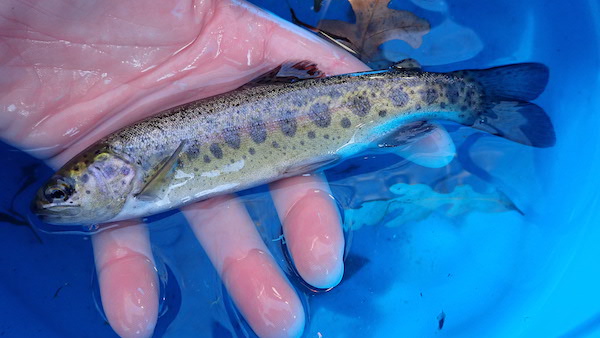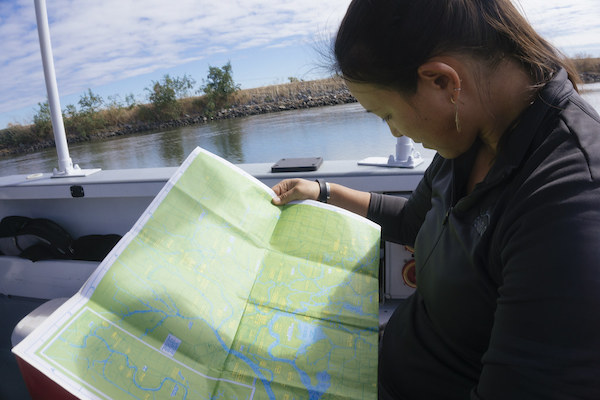Long Range Fish Report
From Sportfishing
From Sportfishing
Fish Report for 8-5-2019

Rio Vista
Photo Credit: Courtesy of FishBio
A Diverse Delta: Integrating Social and Natural Sciences
8-5-2019
FISHBIO
The Sacramento-San Joaquin Delta has been extensively studied in terms of its biology, chemistry, and physics, but this wealth of data leaves out a crucial piece of the puzzle: people. In the words of environmental anthropologist Sara Breslow, “People cause environmental problems, people experience them as problems, people perceive them as problems, and people are the only ones who can solve them.” Understanding the economic, cultural, and social connections between people and their environment is essential for forming lasting partnerships and overcoming barriers to effective conservation. However, social sciences are often belatedly tacked on to natural resource projects as an afterthought, or even left out entirely. In hopes of promoting the integration of the human factor into the numerous research, conservation, and restoration enterprises in the Delta, social scientists from across the country recently came together for a workshop at UC Davis. Entitled “Human Dimensions Research in Delta Environments,” this day of presentations provided examples of how social sciences have been successfully integrated into the study of similar systems like Chesapeake Bay and Puget Sound, lessons learned from past economic and social research efforts, and discussions of how to bridge the gap between biophysical and social science.
The mission of the Delta Science Program is to provide the best possible, unbiased, scientific information for water and environmental decision making in the Bay-Delta system, and according to lead scientist John Callaway, this means incorporating social sciences. The Science Action Agenda, Delta Science Plan, and the Delta Independent Science Board’s review of the Delta as an evolving place all identify integration of social science as being of paramount importance. To this end, the Social Science Task Force was established in 2018. This group of six scientists will use insight gained from the workshop to create a draft strategy report slated for completion by December of this year. To kick off the day, the keynote was given by Kevin Werner, Director of the NOAA Northwest Fisheries Science Center, who described his experience working as part of the Hurricane Sandy response team, and the challenges of integrating the best possible science into decision-making processes that are dominated by non-scientists. Werner described the endeavor as highly complex but human-centric, noting that relationships, funding, and territoriality drove the interactions of the multidisciplinary team.
The subsequent series of talks described the importance of considering social and economic factors when developing approaches to invasive species, floods, and ecosystem management, as well as approaches to integrate natural and social sciences. Experts in the fields of natural resource economics, sociology, landscape architecture, public policy, and anthropology presented their experiences working in diverse regions of the country, including Pennsylvania, Wyoming, Chesapeake Bay, Puget Sound, the Skagit River Valley, and the Sacramento-San Joaquin Delta. Their insights included the use of economics as a decision-making tool to integrate natural science and human information, and improving stakeholder engagement by customizing communication efforts. They also discussed incorporating data on recreational use of natural resources into management decisions, understanding learning behavior to achieve better governance, and achieving project support through community engagement. As with any scientific endeavor, social sciences also come with a unique set of challenges. Chief among those highlighted by the speakers were seemingly intractable disagreements among stakeholders, a lack of funding and support for the integration of social science, and the often messy and complex nature of environmental governance.
Throughout the workshop, a common theme was the notion that “there is no silver bullet,” meaning there is no single best way to address social issues in relation to natural resource management. However, it was also emphasized that the conflict inherent in systems with a wide variety of stakeholders is not necessarily a bad thing, and that there is great value in embracing diversity and thinking about how it can be used to address challenging issues. Both the social and ecological landscapes of the Delta are extraordinarily complex, which means an interdisciplinary approach that draws on a diversity of tools is essential to successful conservation, restoration, and management efforts. In a system with so many issues and as many perspectives, understanding tradeoffs and finding common ground is key. Interested in learning more about the workshop? Recordings of the entire day of presentations are available on the UC Davis website.
FISHBIO is a dedicated group of research scientists, engineers, and technicians that specialize in counting, tracking, and analyzing trends in fish and wildlife populations throughout the world. An expert staff, technical capacity, and state-of-the-art equipment make FISHBIO a trailblazer in aquatic research. For more information, please visit FISHBIO.com
< Previous Report Next Report >
More Reports

7-29-2019
It’s been over 150 years since the rivers in Yosemite National Park flowed freely to the ocean without interruption by...... Read More
Discovering Delta Data Online
Sacramento Delta
7-22-2019
The Sacramento-San Joaquin Delta is arguably the most extensively studied and monitored ecosystem in the world. This has generated mountains...... Read More

LongRangeSportfishing.net © 2025. All Rights Reserved.
Website Hosting and Design provided by TECK.net
Website Hosting and Design provided by TECK.net